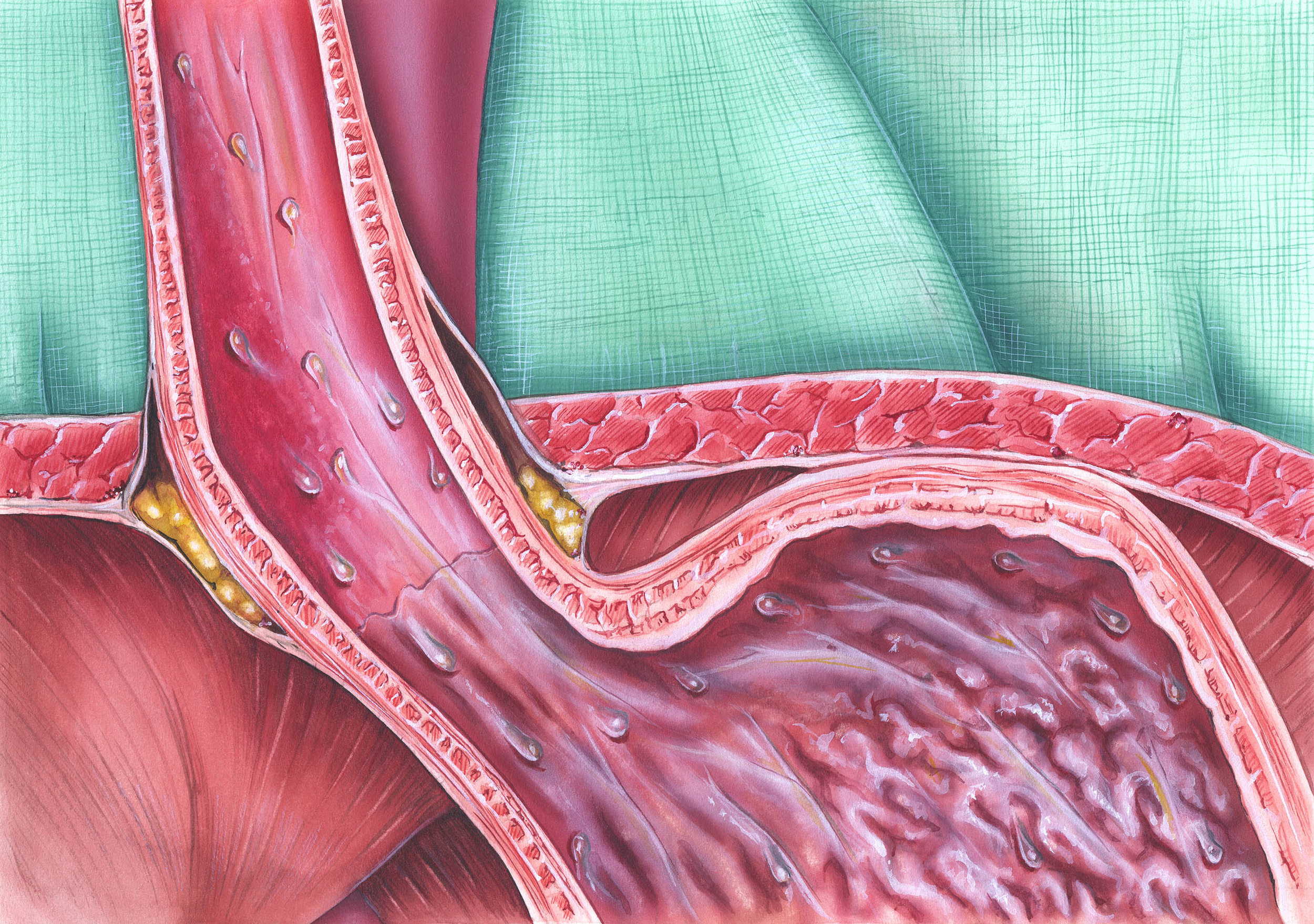The term “dysphagia” is a medical term used to describe difficulty swallowing. It encompasses both severe and mild swallowing difficulties, and can range in severity from patients who experience difficulty trying to swallow certain types of foods to patients who are unable to swallow anything at all. Learn more about what causes dysphagia, common dysphagia symptoms, and how to treat dysphagia:
Read MoreWe can’t always control the factors that cause our lower esophageal sphincter to deteriorate, but there are some things we can do to make sure we are caring for our LES, particularly if we fall under the risk factors for GERD. Here’s everything you should know about the lower esophageal sphincter and how to prevent it from becoming damaged.
Read MoreEsophageal disorders affect the muscular tube that carries food and liquids from your mouth to the stomach called the esophagus. There are a few common disorders that can affect how well the esophagus can do its job—luckily many of these esophageal disorders are easily treated with the right reflux doctors. We’ll discuss five common esophageal disorders that everyone should be aware of.
Read MoreIf you have a friend or loved one who suffers from gastroesophageal reflux disease or GERD, you know dealing with symptoms is not just difficult for the person being triggered. GERD can also be hard on the people who surround them. In this article, we will explore a few ways you can be there for your friend or loved one enduring the uncomfortable symptoms of GERD.
Read MoreChoosing which anti-reflux surgery is best for you can be difficult. Transoral Incisionless Fundoplication (TIF) is a type of partial fundoplication, that’s done endoscopically (through the mouth) to treat GERD. In this article, we will share the pros, cons, recovery details, and cost of TIF surgery to see if it is the best option for you.
Read More





